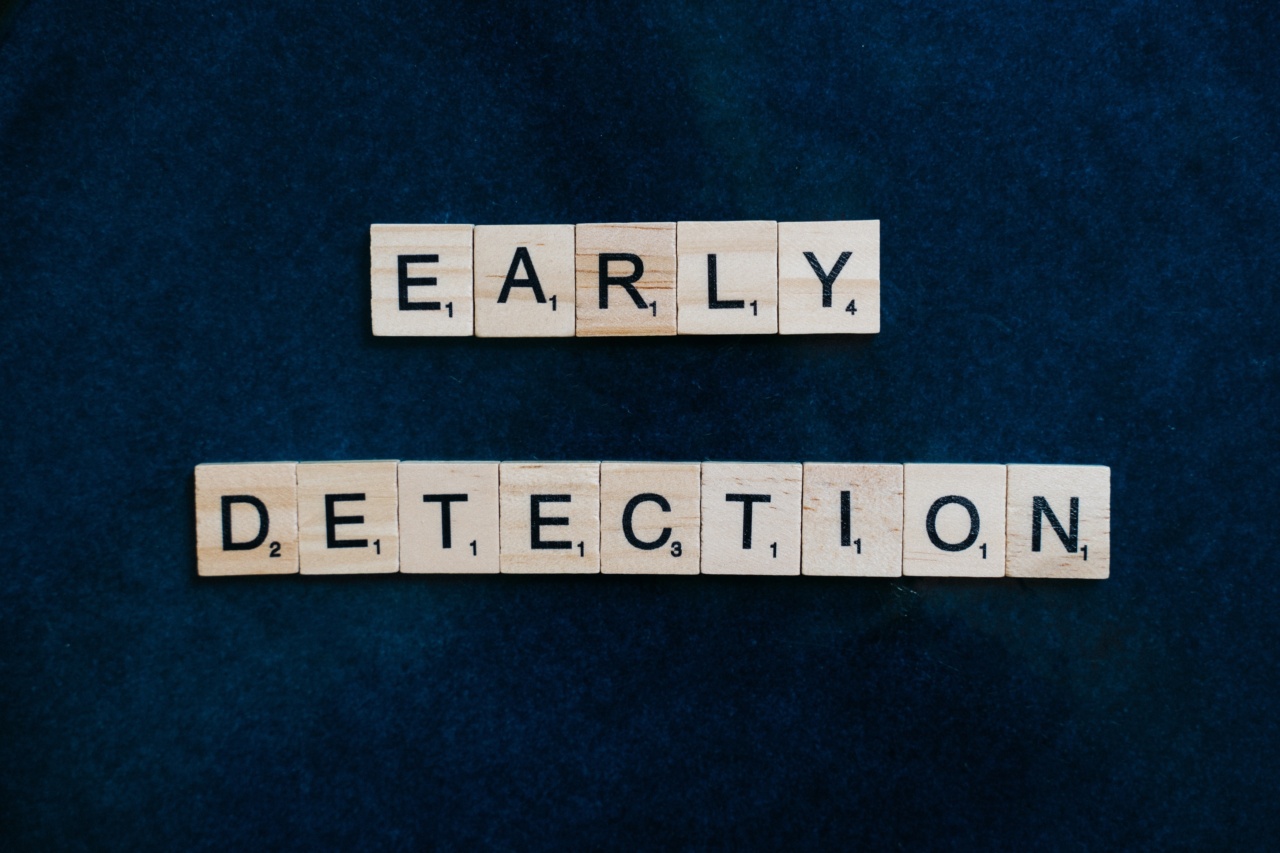Pancreatic cancer is one of the deadliest forms of cancer, with a five-year survival rate of only nine percent.
It’s estimated that over 57,000 people in the United States will be diagnosed with pancreatic cancer in 2020, and 47,000 people will die from the disease, according to the American Cancer Society. However, there is hope for early detection and successful treatment, and your dentist can play a critical role in this process.
The Link Between Pancreatic Cancer and Oral Health
Recent research has shown a strong association between periodontal disease, a chronic bacterial infection of the gums, and the increased risk of developing pancreatic cancer.
In fact, studies have found that individuals with periodontal disease have a 64 percent higher risk of developing pancreatic cancer compared to those without periodontal disease. The reason for this link is still not entirely clear, but it’s believed that the same bacteria that cause periodontal disease may also contribute to the development and progression of pancreatic cancer.
While maintaining good oral health is important for overall wellness, it’s especially crucial for those at risk of pancreatic cancer.
By detecting and treating periodontal disease in its early stages, your dentist can help to not only improve your oral health but also potentially lower your risk of developing pancreatic cancer.
The Importance of Regular Dental Checkups
In addition to routine brushing and flossing, seeing your dentist for regular checkups is an essential part of preventing and detecting oral health issues.
During your dental exam, your dentist will perform a thorough examination of your mouth, gums, and tongue and may take X-rays to look for any signs of decay or abnormalities. Your dentist may also perform a screening for periodontal disease, which can include measuring the depth of gum pockets and checking for bleeding and inflammation.
If your dentist identifies any signs of periodontal disease or sees any abnormalities in your mouth or gums, they may refer you to a specialist for further testing or treatment.
This can be especially important for individuals at higher risk of pancreatic cancer, such as those with a family history of the disease or who have a personal history of smoking or heavy alcohol use.
Additional Screening and Diagnostic Tests
While your dentist can play a critical role in detecting early signs of pancreatic cancer through oral health screenings, there are also additional tests that can be done to further evaluate your risk. These tests may include:.
- Abdominal Ultrasound: This test uses sound waves to create images of the pancreas and surrounding organs, which can help to identify any abnormalities.
- CT Scan: A CT scan uses X-rays to create detailed images of the pancreas and surrounding structures, which can help to identify any tumors or abnormalities.
- MRI: An MRI uses a powerful magnetic field and radio waves to create detailed images of the pancreas and surrounding structures, which can help to identify any tumors or abnormalities.
- Endoscopic Ultrasound: An endoscopic ultrasound is performed using a specialized tube with an ultrasound probe on the end, which is inserted through the mouth and into the small intestine to capture detailed images of the pancreas and surrounding structures.
If your dentist or primary care physician suspects that you may be at risk for pancreatic cancer, they may refer you to a specialist for further testing and evaluation.
Why Early Detection is Crucial
One of the biggest challenges with pancreatic cancer is that it often does not cause symptoms until it has reached an advanced stage.
The symptoms of pancreatic cancer can include jaundice, abdominal pain, weight loss, and digestive issues, but these symptoms may not appear until the cancer has spread to other parts of the body.
For this reason, early detection is critical for successful treatment outcomes.
When pancreatic cancer is caught in its early stages, it’s more likely to be contained within the pancreas and potentially more treatable with surgery, radiation, or chemotherapy. Additionally, by detecting pancreatic cancer early, there is a better chance for a more favorable prognosis and a higher likelihood of survival.
Final Thoughts
While pancreatic cancer can be a devastating diagnosis, there is hope for early detection and successful treatment.
By maintaining good oral health and seeing your dentist for regular checkups and screenings, you can help to reduce your risk of developing pancreatic cancer and get ahead of the disease if it does arise.
If you’re concerned about your risk of pancreatic cancer or have any questions about how your dentist can play a role in early detection, talk to your primary care physician or dentist about developing a screening plan that’s right for you.





























